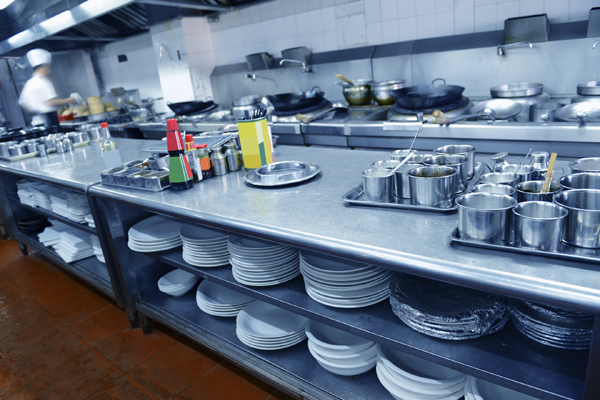 We often discuss safety issues on this blog in respect of service users receiving adequate nutrition and hydration, but this week we turn to what may be a more recognised food safety issue – that of food hygiene.
We often discuss safety issues on this blog in respect of service users receiving adequate nutrition and hydration, but this week we turn to what may be a more recognised food safety issue – that of food hygiene.Hospital and Care Homes Fail Food Safety Inspections
A recent article in the Guardian, Hospital and care homes fail food safety inspections, reported on their analysis that indicated that more than 500 care providers in the UK failed hygiene and food safety inspections. The care providers included hospitals, care homes, nurseries and after school centres.
The analysis used Food Standards Agency (FSA) data that ranks food providers, giving them a score of zero to five. Scores under three are considered a failing grade. Food ratings are based on:
- How hygienically the food is handled – how it is prepared, cooked, re-heated, cooled and stored
- The condition of the structure of the buildings – the cleanliness, layout, lighting, ventilation and other facilities
- How the business manages what it does to make sure food is safe and so that inspectors can be confident standards will be maintained in the future
200 Residential, Nursing and Care Homes Received Unsatisfactory Ratings
It is important to stress that the vast majority – 98% of all care providers – achieved a satisfactory rating. However, care homes failed to meet the standards more than any other type of care provider, with over 200 residential, nursing and care homes receiving unsatisfactory ratings.
Care homes should not be complacent about the high rate of care providers achieving satisfactory ratings. Any organisation receiving a low score is a cause for concern as vulnerable older people are using the service, and are being put at risk. Older people may be more likely to suffer from food poisoning and become ill because aging weakens the immune system’s ability to fight infection. Food poisoning can cause serious illness and even death, particularly in the elderly. This is especially important in residential care settings where food is being prepared and served to large numbers, and where service users are at particular risk from foodborne illnesses. So it is important to take extra care when dealing with food intended for people in residential care.
6 Care Homes Receive a Zero Rating
Six care homes (out of eight care providers) scored a zero rating which means the establishment urgently requires improvement. This rating was given for issues including mouldy and expired food found in fridges, evidence of cross contamination between raw and cooked food, lack of hand washing facilities, poor cooking equipment and no food safety management documentation.
It is understandable why authorities responsible for older people want a no risk strategy to cope with food poisoning. We need to be highly aware of risk to our vulnerable clients and minimise risk through health and safety instruction and training, good hygiene discipline and care at the point of distribution.






